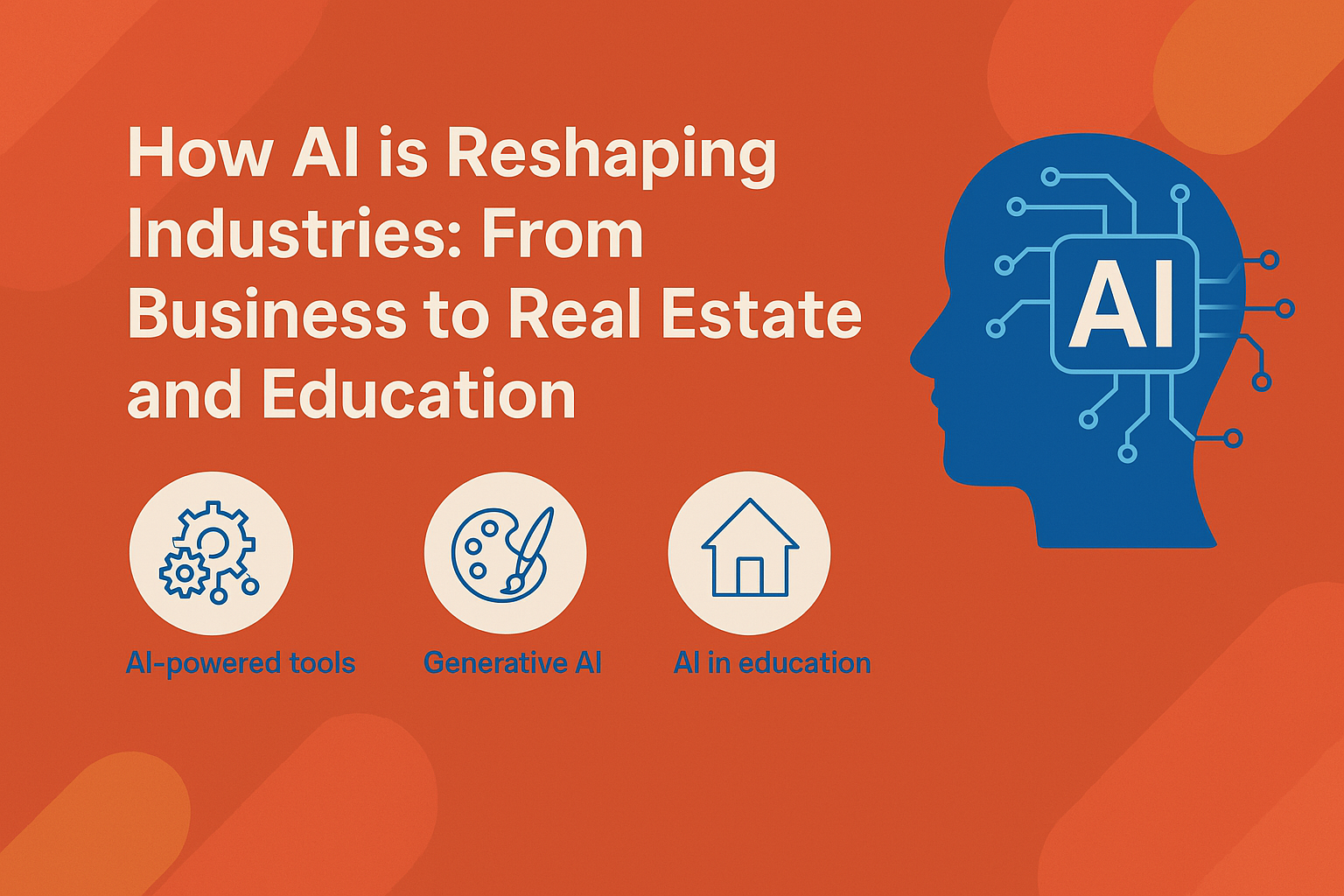 Newsletter Copywriting – Emails That Convert, Not Bore!
Newsletter Copywriting – Emails That Convert, Not Bore!
The Impact of Business Intelligence and Survey Tools on Employee Engagement
Written by Herbert » Updated on: June 17th, 2025

Introduction
Employee engagement is a crucial factor in determining an organization's success. Engaged employees contribute positively to workplace productivity, job satisfaction, and overall business performance. However, understanding employee needs and concerns requires systematic data collection and analysis. Business Intelligence (BI) and survey tools have emerged as powerful solutions to measure and improve employee engagement. These technologies provide actionable insights that help organizations make informed decisions, enhance workplace culture, and drive employee satisfaction.
Understanding Business Intelligence and Survey Tools
Business Intelligence (BI) encompasses a range of technologies and methodologies that collect, analyze, and interpret data to aid decision-making. When integrated with survey tools, BI becomes a powerful mechanism for understanding employee sentiments, tracking engagement levels, and identifying areas that need improvement.
Key Features of Business Intelligence and Survey Tools
Advanced Data Collection and Analysis – These tools capture structured feedback from employees and analyze trends, patterns, and engagement levels.
Predictive Analytics – By leveraging AI and machine learning, BI tools can forecast engagement trends, helping HR leaders take proactive measures.
Customizable Dashboards – Interactive dashboards allow HR teams to visualize engagement metrics and identify key areas for improvement.
Automated Reporting – Organizations can generate reports instantly, reducing manual workload and ensuring data-driven decision-making.
Sentiment Analysis – AI-powered tools can assess employee sentiments from survey responses, providing deeper insights into workplace morale.
How BI and Survey Tools Improve Employee Engagement?
1. Real-Time Feedback Collection
Traditional employee surveys often suffer from delays in data collection and analysis, rendering insights obsolete by the time they are reviewed. BI-powered survey tools address this issue by enabling real-time feedback collection. This allows HR teams to gather immediate insights into employee concerns and implement timely interventions.
2. Data-Driven Decision Making
By leveraging BI insights, organizations can make informed decisions regarding HR policies, workplace culture, and employee engagement strategies. These data-backed decisions help organizations address key pain points, fostering a more inclusive and engaging work environment.
3. Personalized Employee Experience
Every employee has unique needs, challenges, and expectations. BI tools enable companies to segment engagement data based on demographics, job roles, and work experiences. This segmentation allows HR teams to develop personalized engagement initiatives, ensuring every employee feels valued and heard.
4. Enhancing Workplace Productivity
Disengaged employees are less productive and more likely to leave their jobs. By proactively identifying and addressing engagement challenges, organizations can boost productivity and reduce turnover. BI-powered insights help pinpoint obstacles affecting workplace morale and productivity, enabling HR teams to implement targeted solutions.
5. Improving Communication and Transparency
Effective communication is essential for fostering a culture of trust and transparency. Survey tools allow employees to express their opinions anonymously, ensuring honest feedback. When organizations act on this feedback, it demonstrates a commitment to employee well-being, leading to a more transparent and collaborative workplace culture.
Best Practices for Implementing BI and Survey Tools
To maximize the benefits of BI and survey tools, organizations should follow these best practices:
Select the Right Tools – Choose user-friendly platforms with robust analytics and visualization capabilities.
Ensure Anonymity and Confidentiality – Employees are more likely to provide honest feedback when their responses remain anonymous.
Conduct Regular Surveys – Periodic surveys help track engagement trends and measure the effectiveness of engagement strategies.
Act on Insights – Gathering feedback is only valuable if organizations take action. HR teams should use survey insights to make meaningful changes.
Monitor and Adjust Strategies – Continuous monitoring and refinement of engagement strategies ensure long-term effectiveness.
Conclusion
Business Intelligence and survey tools play a transformative role in modern HR management by enabling organizations to measure, analyze, and enhance employee engagement. With real-time insights, data-driven decision-making, and personalized engagement strategies, companies can create a more motivated, satisfied, and productive workforce.
By embracing BI and survey tools, organizations not only improve employee morale but also strengthen their competitive edge in the market. A well-engaged workforce leads to lower attrition rates, higher productivity, and a more positive workplace environment—factors that drive long-term business success.
Note: IndiBlogHub features both user-submitted and editorial content. We do not verify third-party contributions. Read our Disclaimer and Privacy Policyfor details.
Copyright © 2019-2025 IndiBlogHub.com. All rights reserved. Hosted on DigitalOcean for fast, reliable performance.












